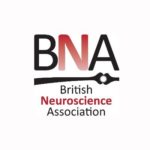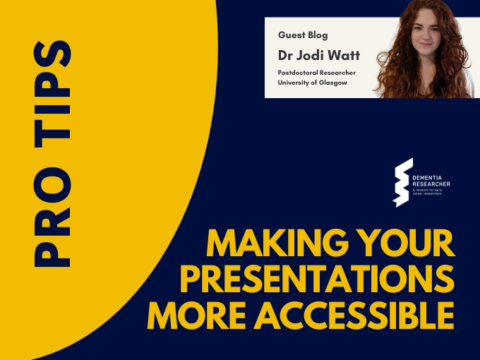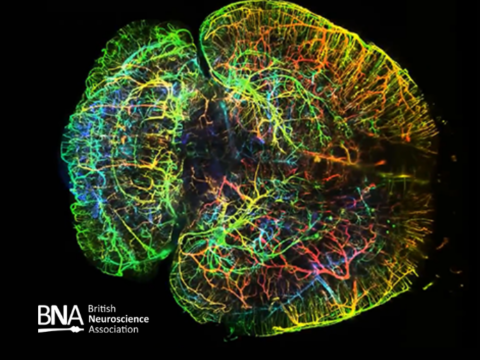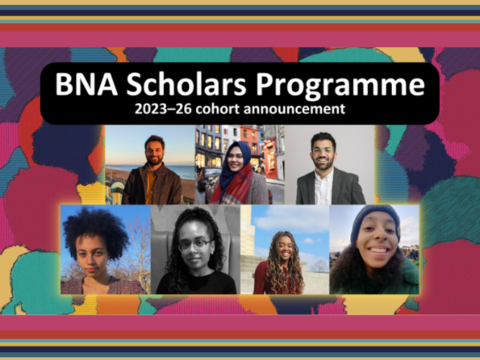
Dementia Research will play its role in reducing inequalities and enhancing inclusion and cohesion within the dementia research and wider community.
Dementia Research is pleased to announce its new partnership working with the British Neuroscience Association (BNA) to improve Equity, Diversity and Inclusion (EDI) in neuroscience.
Since our launch in 2018 Dementia Research has recognised the importance of building a diverse community, and providing accessible, appropriate support for everyone. This has been essential to meeting our core aims of promoting dementia research as career of choice, and supporting everyone working in dementia research to collaborate, learn from each other and importantly to be supported to remain within the field.
This new partnership with the BNA will allow Dementia Researcher to contribute to wider efforts to support students from currently under-represented ethnic groups in neuroscience, and specifically those within the BNA Scholars Programme.
Dementia Researcher is committed to actively and openly supporting and promoting EDI. We believe it is important that the people undertaking dementia research are as diverse as the people who they aim to help through their work, and the BNA are an obvious great partner to work with on these challenges.
Through this new partnership, we will be featuring profiles on the BNA Scholars, collaborating on a new series of podcasts, raising the profile of specific EDI issues, and increasing the tools, guidance and support that will help people from all backgrounds make neuroscience and dementia research a place that they want to focus and remain.
Dani Wijesinghe, BNA Community, and Inclusion Officer “The BNA’s Scholars Programme is part of the BNA’s work towards EDI in neuroscience. The Programme aims to build the long-term infrastructure to tackle a key stage of the ‘leaky pipeline’ that unfortunately sees many talented neuroscientists from ethnic backgrounds currently underrepresented in the discipline drop out due to career barriers. Through a range of interventions, the scheme supports cohorts of students and early career research technicians/assistants to thrive in their aspirations, using a combined approach of mentoring, community building and coproduction, bursaries, exposure through writing and publishing opportunities, networking and events, and an enormously diverse range of career development experiences provided by the Programme’s Supporters. The BNA is very excited to welcome Dementia Researcher as a Supporter, and looks forward to working together to develop new opportunities for our Scholars which will make a real difference to their futures.”
Adam Smith, Dementia Researcher Programme Director “We know there is much, much more to do to deliver transformational change and true equity, diversity, and inclusion. Our survey with ISTAART helped put a spotlight on the issues, and we are delighted to be able to take another step forward and work with the BNA whose aims are so well aligned to our own and contribute to this programme. We will also continue to seek ways to address other issues on this agenda, to support the global dementia research community”.


For more information on the BNA Scholars Programme visit: https://www.bna.org.uk/about/our-scholars/

 Print This Post
Print This Post





Good morning,
Kindly help me with information on the following:
1. How do I get a research assistant role in a dementia related field?
2. How do I train to progress to become a researcher in dementia?
3. Are there universities in London, UK offering Integrated PhD programs in dementia research or in any dementia related courses?
Please may I humbly beg you to kindly find time to also forward your response to my email, which is:
tony_ohio@yahoo.com
Thank you so very much.
My kindest regards,
Anthony
Good morning,
Kindly help me with information on the following:
1. How do I get a research assistant role in a dementia related field?
2. How do I train to progress to become a researcher in dementia?
3. Are there universities in London, UK offering Integrated PhD programs in dementia research or in any dementia related courses?
Please may I humbly beg you to kindly find time to also forward your response to my email, which is:
tony_ohio@yahoo.com
Thank you so very much.
My kindest regards,
Anthony